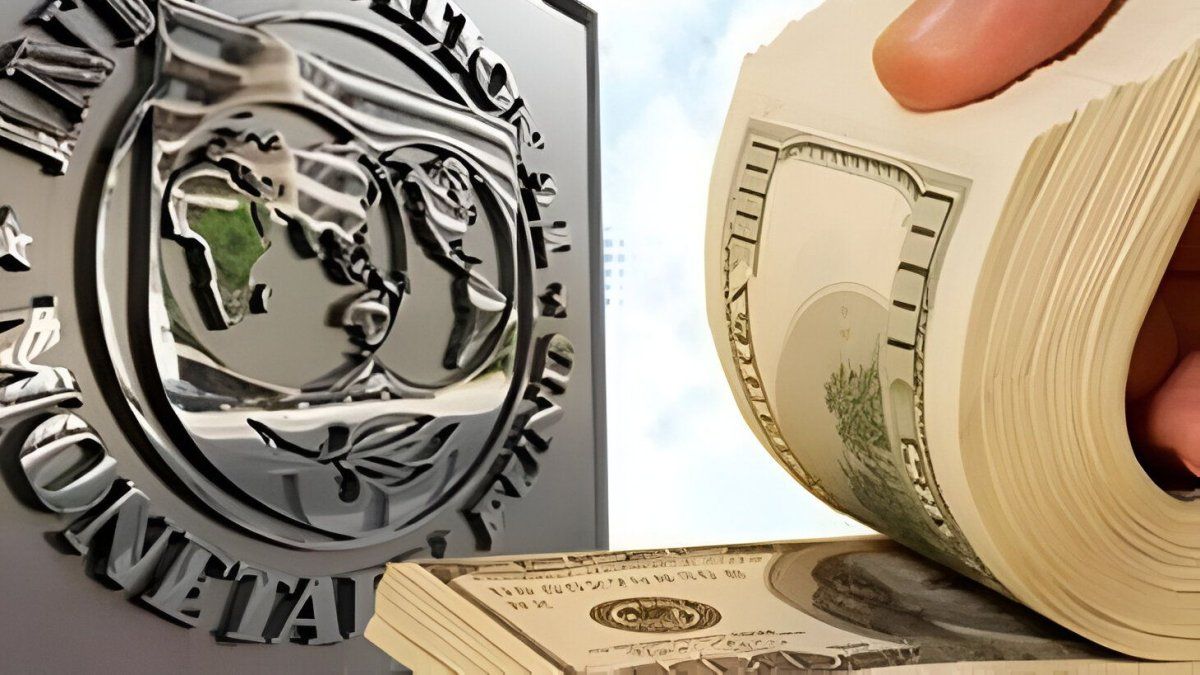The projects of the traffic light coalition not only contribute to climate protection. According to a study, they are also good for the economy and the job market.
According to a study, the traffic light coalition’s projects for climate protection and social housing are boosting the economy and creating many new jobs. Accordingly, the gross domestic product (GDP) in 2030 will be around 1.2 percent higher than without these measures.
In addition, around 400,000 additional employees will be needed from 2025, according to calculations by the Nuremberg Institute for Labor Market and Occupational Research (IAB).
For the study, the experts simulated and compared two scenarios on the basis of model calculations: a scenario without a coalition agreement and one with climate protection and housing construction measures. These include increasing the share of e-cars and hydrogen production, building an additional 100,000 apartments per year, abolishing the EEG surcharge, increasing the share of renewable energies in the electricity mix, expanding organic farming and replacing gas heating.
“The results show that the measures will generate positive economic momentum up to 2030,” write the authors. There were also positive effects on the labor market. “The change in climate policy is possible without losing jobs overall,” said IAB economist Enzo Weber.
However, a possible shortage of skilled workers could complicate the implementation of the ambitious goals. There are already bottlenecks in many key areas such as construction, trade and energy technology. “Securing skilled workers is therefore central to climate policy,” emphasized Weber. “This has additional significance in view of the particular urgency of replacing fossil fuels as a result of the Ukraine war.”
Source: Stern
Jane Stock is a technology author, who has written for 24 Hours World. She writes about the latest in technology news and trends, and is always on the lookout for new and innovative ways to improve his audience’s experience.




